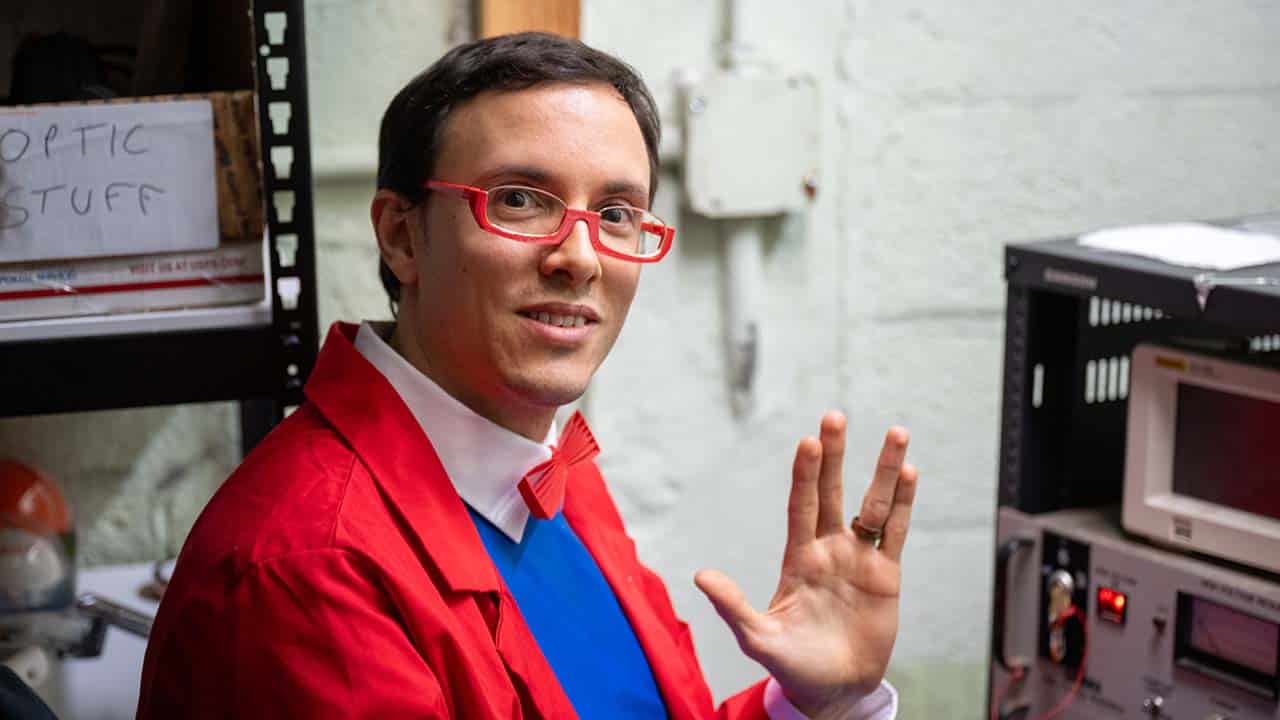Charles Crawford III

Charles Crawford III is a driven engineer, independent experimenter, and co-founder of Flux Space, a community dedicated to exploring the boundaries of science, technology, and human curiosity. Currently pursuing his PhD in Electrical Engineering at the University of Texas at Arlington, Charles combines academic rigor with hands-on experimental passion—bridging the gap between theoretical physics and practical engineering.
Early Foundations in Engineering
Charles’ engineering journey began long before graduate research. In high school, he immersed himself in technical electives such as drafting and electronics, disciplines that gave him an early sense of precision, design, and innovation. His dedication was quickly recognized—he graduated as the “Most Outstanding Student in Technology.” That same commitment carried through to his undergraduate years, where he graduated top of his class with a Bachelor of Science in Electrical Engineering Technology from DeVry University.
Academic Research and Experimental Curiosity
While Charles’ academic pursuits push the frontiers of electrical engineering, his independent research has brought him into contact with some of the most unconventional areas of propulsion and gravity research. His involvement with Flux Space and independent experimentation reflects his deep curiosity about how we might one day harness new forces for transportation and energy applications.
One of the projects he is most recognized for is his work with the Graviflyer, a device originally developed by Russian experimenter Alexey Chekurkov. After acquiring equipment directly from Chekurkov, Charles began carefully studying, testing, and refining the apparatus, bringing a disciplined engineer’s perspective to a field often dominated by speculation. His goal has been to determine whether the Graviflyer can be made to function as described and, in the process, to document a clear experimental path forward for others.
Graviflyer Research & Future Directions
In his presentations, Charles shares his experiences, thoughts, and opinions on the Graviflyer equipment, offering transparency in both successes and challenges. He describes not only the hardware he received but also the experimental methodologies he is employing to test it. His work serves as a case study in how rigorous engineering can be applied to controversial or emerging concepts.
Looking forward, Charles plans to refine his experimental processes, expand the scope of his tests, and continue publishing updates on his findings. Whether the Graviflyer ultimately succeeds or fails, his work reflects the spirit of “fail forward” experimentation—the idea that progress is often built on open exploration, honest reporting, and relentless curiosity.
Co-Founder of Flux Space
Beyond the laboratory, Charles helped establish Flux Space, a hub where innovators, scientists, and enthusiasts can collaborate on frontier technologies. Flux Space embodies his belief that innovation thrives at the intersection of community and creativity, providing a platform for exploring ideas too bold or unconventional for traditional labs.
A Vision for Breakthrough Propulsion
Charles Crawford III represents a new generation of engineer-experimenters—individuals who blend formal academic training with grassroots experimental drive. By pursuing both a PhD in electrical engineering and ambitious independent projects, he embodies the balance of rigor and imagination required to tackle the biggest questions in science.
As he continues to push forward with his Graviflyer research, his work stands as an invitation: to question, to build, and to imagine what lies beyond the boundaries of conventional engineering.